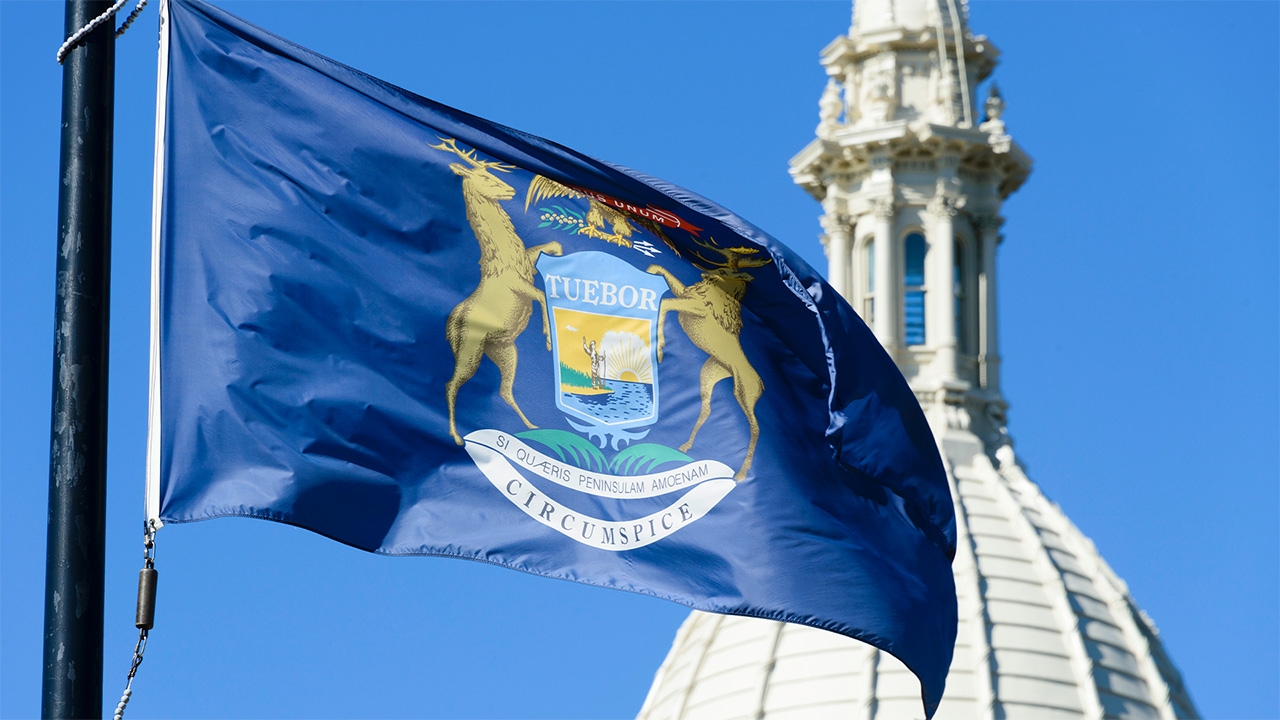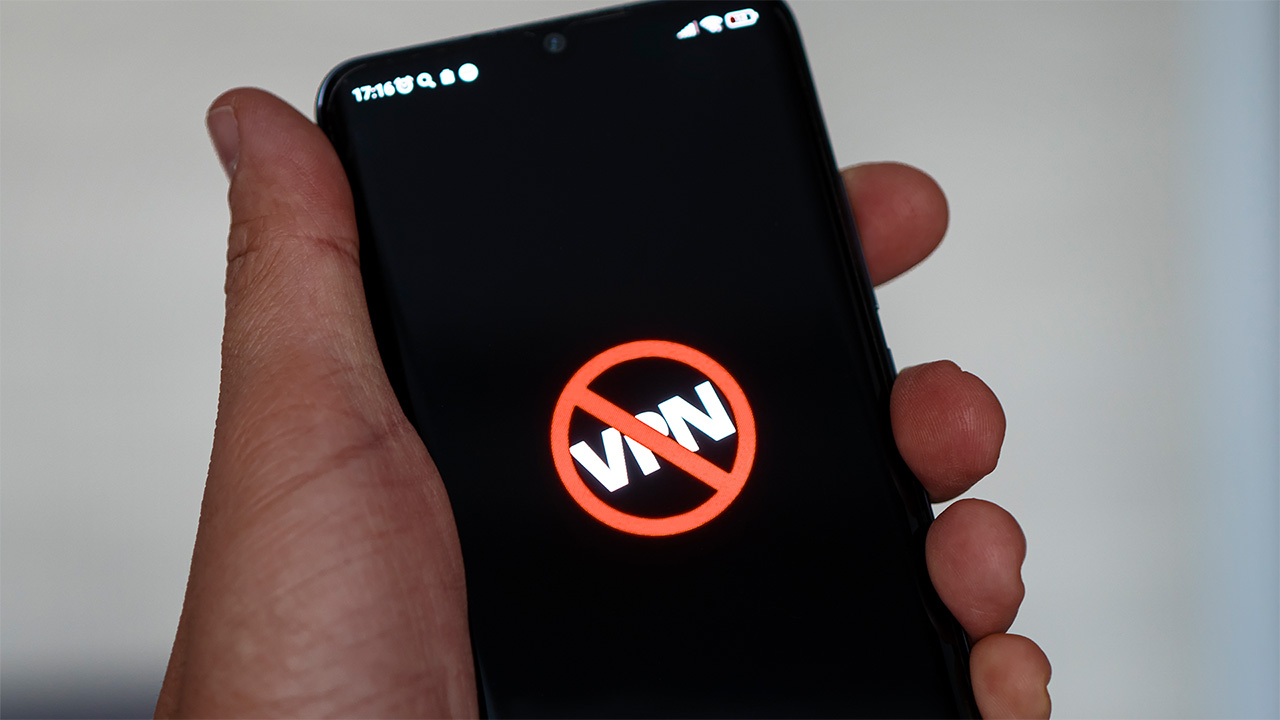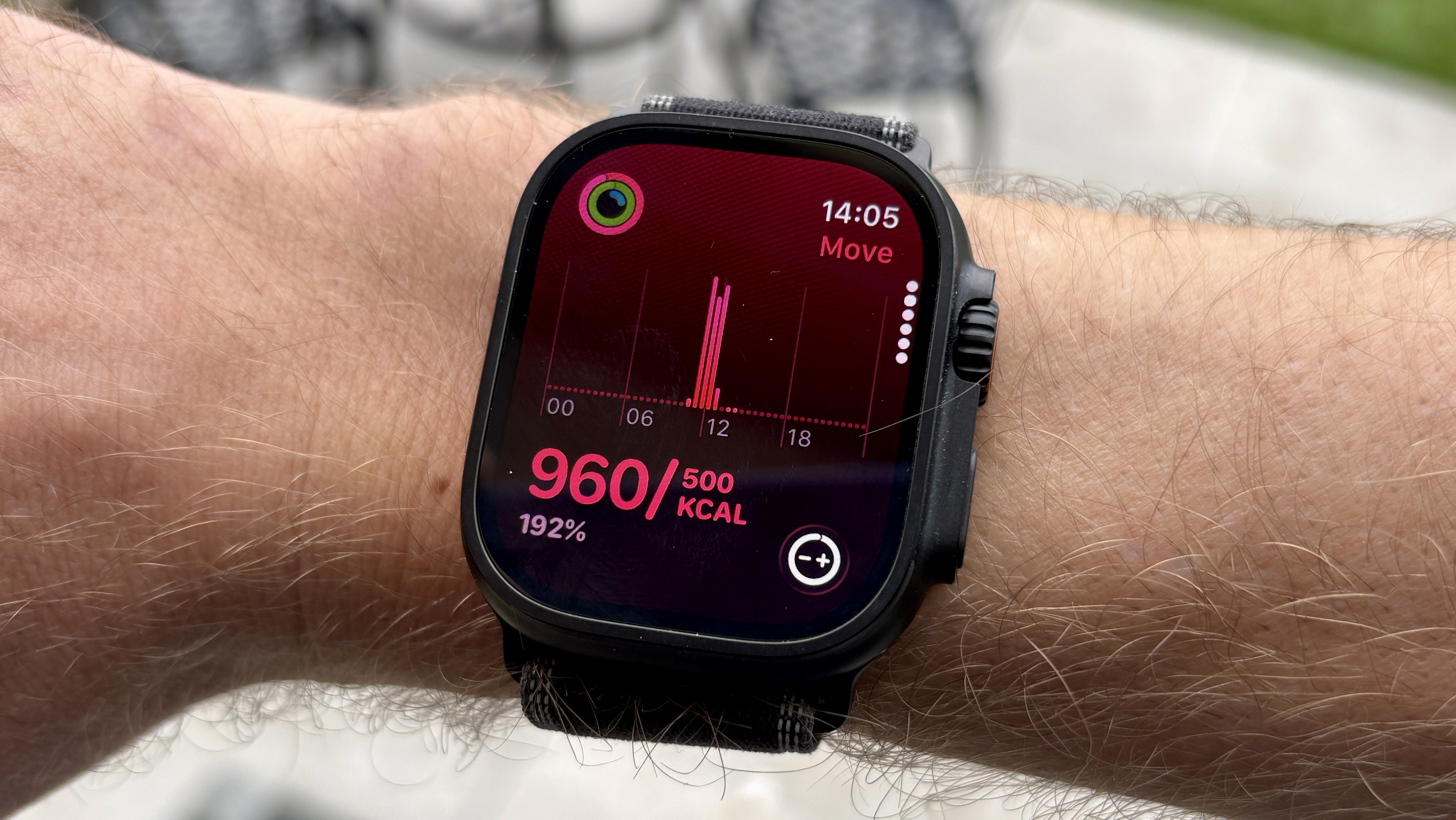Michigan lawmakers call for total VPN ban as part of a proposed 'public morals' bill
ISPs would be charged with blocking VPNs and sales would be banned

Here at Tom’s Guide our expert editors are committed to bringing you the best news, reviews and guides to help you stay informed and ahead of the curve!
You are now subscribed
Your newsletter sign-up was successful
Want to add more newsletters?

Daily (Mon-Sun)
Tom's Guide Daily
Sign up to get the latest updates on all of your favorite content! From cutting-edge tech news and the hottest streaming buzz to unbeatable deals on the best products and in-depth reviews, we’ve got you covered.

Weekly on Thursday
Tom's AI Guide
Be AI savvy with your weekly newsletter summing up all the biggest AI news you need to know. Plus, analysis from our AI editor and tips on how to use the latest AI tools!

Weekly on Friday
Tom's iGuide
Unlock the vast world of Apple news straight to your inbox. With coverage on everything from exciting product launches to essential software updates, this is your go-to source for the latest updates on all the best Apple content.

Weekly on Monday
Tom's Streaming Guide
Our weekly newsletter is expertly crafted to immerse you in the world of streaming. Stay updated on the latest releases and our top recommendations across your favorite streaming platforms.
Join the club
Get full access to premium articles, exclusive features and a growing list of member rewards.
A bill proposed in the US state of Michigan seeks to ban the use and sale of VPN services.
Titled the "Anticorruption of Public Morals Act," the bill aims to "prohibit the distribution of certain material on the internet that corrupts the public morals."
This would include the blocking of "circumvention tools" such as the best VPNs, proxies, and "encrypted tunneling methods." Promoting VPN usage could result in fines of up to $500,000.
The bill is yet to gain widespread support, but it represents a dangerous way of thinking, accounts for internet censorship, and puts the online privacy of millions at risk.
VPN usage monitored and sales banned
The bill's primary role is to stop the distribution of adult content and calls on internet service providers (ISPs) operating in the state to "implement mandatory filtering technology" to block access to the proscribed material.
Reports suggest all forms of adult content would be blocked, including video, audio, magazine, AI-generated content, manga, and even depictions of transgender people.
The proposal also seeks to prevent adult content from being accessed through privacy tools like VPNs, which enable users to bypass these types of online restrictions.
It states that ISPs should "actively monitor and block known circumvention tools." ISPs should also block access to websites that host prohibited material.

The sale of circumvention tools would also be banned. This would reportedly include both US-based and foreign VPN providers.
Fines are being proposed for those who access prohibited material. The bill says any commercial entity or ISP "that knowingly facilitates access to prohibited material" could face a fine of up to $500,000 for each violation.
The bill was introduced on September 11, 2025, by Republican representative Josh Schriver and sponsored by a further five Republican representatives.
It was referred to the Committee on Judiciary, which will discuss and debate the bill before deciding on its next steps.
Dangerous attack on internet freedoms
At the time of writing, there is no indication of how widespread this bill's support is or how likely it is to become law. However, it represents a dangerous attack on internet freedoms and online privacy tools.
Seeking to block access to certain websites and prosecute individuals for using a VPN resembles internet censorship tactics we have seen across authoritarian countries, rather than a Western democracy.
Enacting a blanket, state-wide ban on the sale of VPNs would significantly impact the online privacy of millions and target VPN users who simply want to protect their personal data or use one of the best streaming VPNs.
VPNs can encrypt your internet traffic, spoof your location by changing your IP address, and protect your data from malicious third-parties.
We have seen unjust attacks on VPNs in the UK through the implementation of the Online Safety Act. VPNs have been targeted in France in a bid to tackle online piracy. Russia, Pakistan, and Myanmar have all cracked down on VPNs, and 24 cases of internet restrictions were recorded in the first six months of 2025.
We test and review VPN services in the context of legal recreational uses. For example: 1. Accessing a service from another country (subject to the terms and conditions of that service). 2. Protecting your online security and strengthening your online privacy when abroad. We do not support or condone the illegal or malicious use of VPN services. Consuming pirated content that is paid-for is neither endorsed nor approved by Future Publishing.

George is a Staff Writer at Tom's Guide, covering VPN, privacy, and cybersecurity news. He is especially interested in digital rights and censorship, and its interplay with politics. Outside of work, George is passionate about music, Star Wars, and Karate.
You must confirm your public display name before commenting
Please logout and then login again, you will then be prompted to enter your display name.
 Club Benefits
Club Benefits





